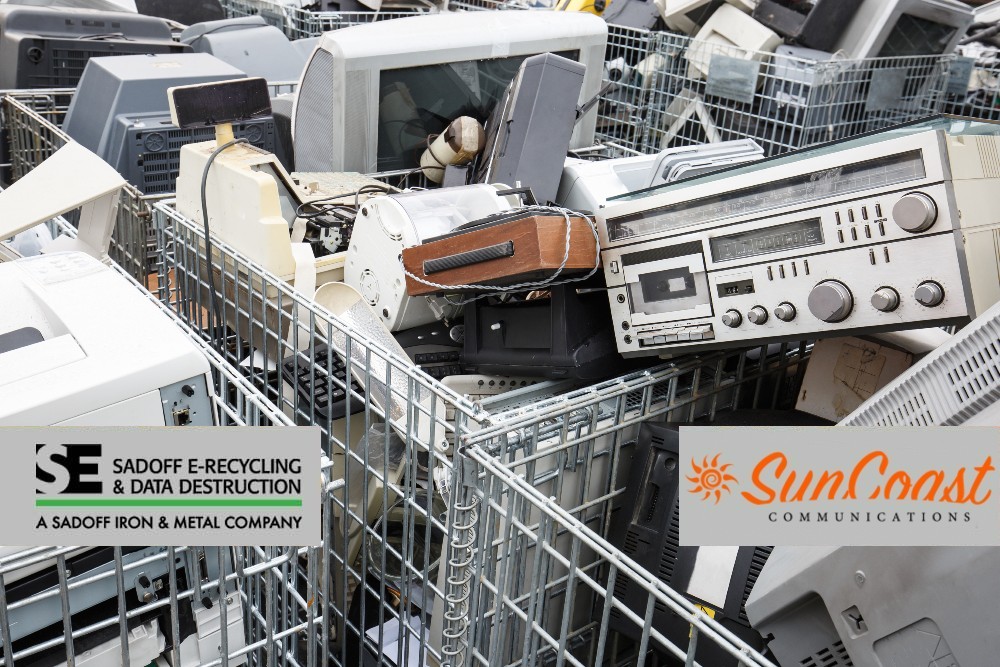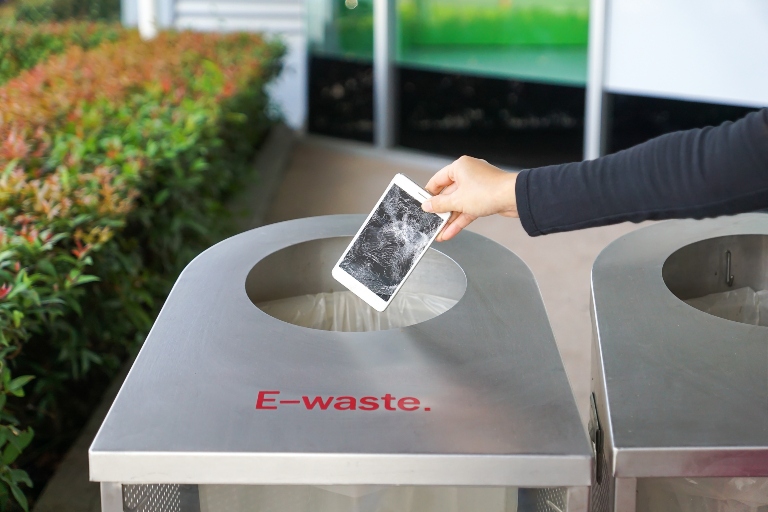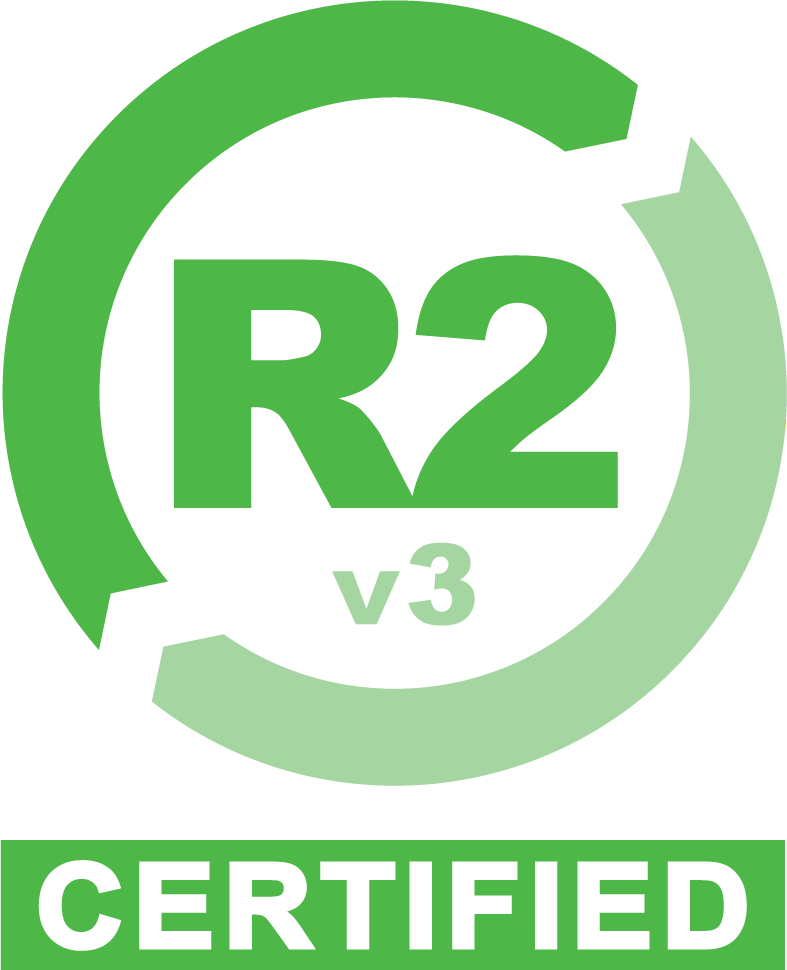The Hidden Costs of Improper E-Waste Disposal
 16
16 Dec
In the age of rapid technological advancement, electronic waste (e-waste) is a growing global concern. Businesses and individuals alike often upgrade their devices frequently, leaving behind a trail of obsolete electronics. While the immediate focus may be on acquiring the latest gadget, it’s crucial to consider the responsible disposal of the old. Improper e-waste disposal carries hidden costs that extend far beyond the initial purchase price.
Environmental Damage: A Looming Threat
E-waste isn’t just harmless junk; it often contains hazardous materials like lead, mercury, cadmium, and flame retardants. When dumped in landfills, these toxins can leach into the soil and groundwater, contaminating the environment and posing serious risks to human health. This contamination can lead to a range of health problems, from developmental issues in children to neurological disorders and various forms of cancer. The environmental damage also disrupts ecosystems, harming wildlife and jeopardizing biodiversity.
Data Security: A Ticking Time Bomb
Many discarded electronics contain sensitive data, from personal information to confidential business records and financial details. Improper disposal, such as simply tossing old hard drives in the trash, can lead to data breaches with severe consequences. Identity theft, financial fraud, and reputational damage are just some of the potential risks. For businesses, the legal and financial repercussions of a data breach due to improper e-waste disposal can be devastating.
Read More: Best Practices for Data Destruction
Lost Value: A Missed Opportunity
E-waste isn’t just waste; it’s also a valuable resource. Many electronic devices contain precious metals and components that can be recovered and reused. Improper disposal means these valuable materials end up in landfills, contributing to resource depletion and necessitating further mining and manufacturing, which in turn have their own environmental costs. Responsible e-recycling allows for the recovery of these valuable materials, contributing to a circular economy and reducing the need for new resource extraction.
Reputational Damage: A Stain on Your Brand
In today’s environmentally conscious society, consumers and businesses are increasingly concerned about the environmental and social impact of their choices. Improper e-waste disposal can tarnish a company’s reputation, leading to negative publicity, loss of customer trust, and even boycotts. Conversely, demonstrating a commitment to responsible e-waste management can enhance a company’s reputation, attract environmentally conscious customers, and contribute to a positive brand image.
Legal and Financial Liabilities: A Hefty Price to Pay
Many jurisdictions have strict regulations governing e-waste disposal. Non-compliance can result in hefty fines, penalties, and even legal action. The costs associated with environmental cleanup, data breach remediation, and legal defense can far outweigh the initial cost of responsible e-waste management.
E-Recycling Trends in 2025: What Businesses Need to Know
Sadoff E-Recycling & Data Destruction: Your Partner in Responsible E-Waste Management
Sadoff E-Recycling & Data Destruction offers comprehensive and secure e-waste recycling services for businesses and individuals. We are committed to:
- Environmental protection: We adhere to the highest environmental standards, ensuring responsible e-waste processing and minimizing environmental impact.
- Data security: We employ rigorous data destruction protocols to safeguard your confidential information.
- Compliance: We stay current with all relevant regulations to ensure your e-waste disposal is compliant.
- Convenience: We offer a range of services, including on-site pickups, data destruction certificates, and detailed reporting.
Contact Sadoff today to learn more about our services and how we can help you manage your e-waste responsibly and avoid the hidden costs of improper disposal.
Categorized in: E-Recycle, Sustainability





 Google map directions
Google map directions
 Google map directions
Google map directions
 Google map directions
Google map directions
 Google map directions
Google map directions
 Google map directions
Google map directions
 Google map directions
Google map directions
 Google map directions
Google map directions